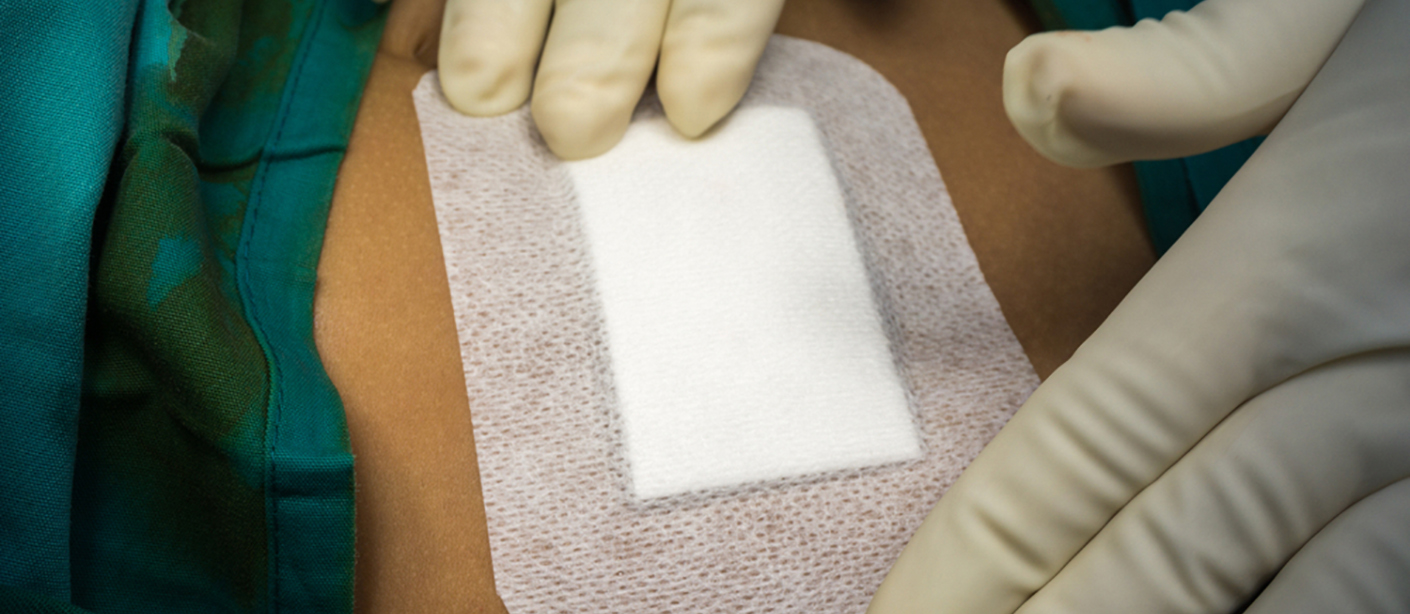Wound healing is more than skin deep. It’s a complex process, with early recovery taking between four to six weeks, and complete healing taking up to a year. The type, size, and location of the incision, as well as factors such as age, health status, diabetes and underlying immune system conditions, can all impact the healing process. Many people don’t know what to expect, but the good news is that you can take proactive steps to help your wounds heal, including prioritizing nutrition, which is an often overlooked part of recovery.
Check out my top recovery tips following a surgical procedure below.
Rest up
Avoid injury to the surgical area by limiting activities after surgery including bending, heavy lifting and strenuous exercise since this can elevate blood pressure and lead to bleeding, swelling or ripping of stitches.
Prioritize nutrition
Our skin is our largest organ, and just like our bodies need fuel, our skin also needs additional calories as well as protein, amino acids, vitamins and minerals to generate new tissue at the wound site. Not getting enough of these nutrients can slow or impair the healing process.
For some people, it can be difficult to get enough of the right nutrients from diet alone. That’s when I recommend using a nutrition supplement like Abbott’s clinically-backed therapeutic drink, Juven® to help fill the gap. Juven’s blend of key ingredients and vitamins, such as arginine and glutamine, has been shown to enhance collagen formation in as little as two weeks—supporting wound healing from the inside out.
Ice regularly
Make sure to ice regularly. Swelling, redness and bruising are normal and should improve over time if you apply a cold compress or ice pack to the area.
Don't smoke
Smoking and alcohol intake can hinder wound healing. It’s recommended that you try to stop smoking and minimize alcohol consumption.
Follow your doctor’s orders
Before your surgery, ask your doctor for instructions on how to clean, disinfect, and protect the wound from sunlight and bacteria.
If you have an upcoming surgery, work with your doctor to develop a personalized wound care plan and ask if Juven may be right for you. It’s available on Amazon and at CVS and Walgreens. You can also visit Juven for more information.

